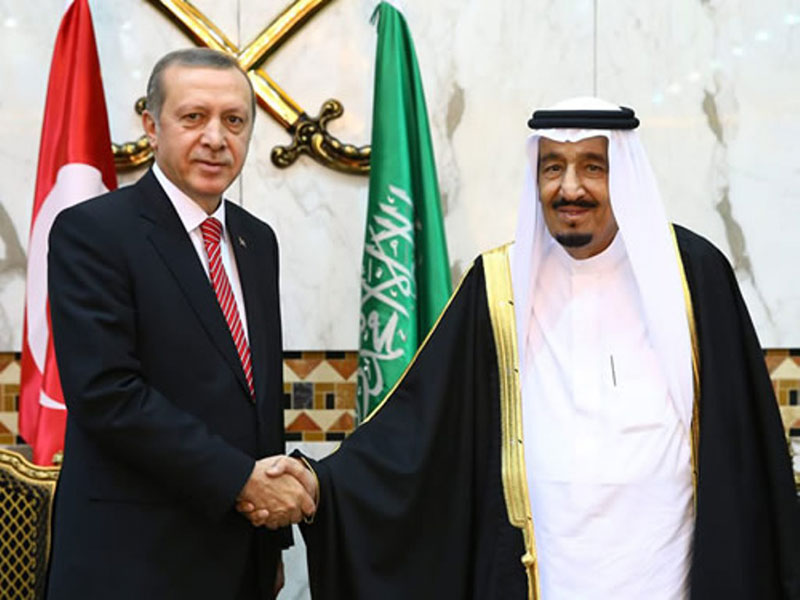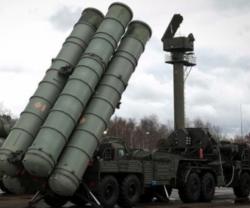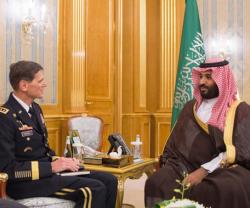The rapprochement between two of the Middle East's biggest powers already appears to be paying dividends in Syria, helping to drive advances by Islamist rebels fighting side-by-side with Western-backed groups against President Bashar al-Assad's forces.
Turkey, which has the second-largest army in NATO, has also offered logistical support to a Saudi-led coalition carrying out air strikes against Houthi rebels in Yemen, part of the Kingdom's more muscular regional strategy under new monarch King Salman.
The thaw in ties reflects a realization in Ankara and Riyadh that differences over the Muslim Brotherhood, a pan-Arab Islamist movement championed by Turkey but deemed a terrorist organization by Saudi, should not hinder a joint response to the crises threatening the wider Middle East.
Erdogan is planning another trip soon to Riyadh to meet Salman after visiting him twice this year and holding regular telephone conversations, the official said.
It is a marked change in a relationship long strained by Erdogan's backing for the Muslim Brotherhood. Saudi Arabia and other Gulf Arab states see the Brotherhood as an existential threat to their monarchies. Only Qatar stood alongside Turkey in backing the movement after the Egyptian army toppled Islamist President Mohamed Mursi in 2013.
Saudi Arabia's mistrust of the Brotherhood is unchanged, diplomats say. But unlike his predecessor King Abdullah, who died in January, Salman appears more ready to indulge allies who support it.
Fear of the threat from Iran is a prime motivator for Riyadh. It would like a more closely allied bloc of Sunni Muslim countries as a bulwark against the threat it sees from the Islamic Republic.
Turkey's position is more nuanced. While Erdogan has criticized Iran for trying to “dominate the region”, its strong economic and energy ties with Iran mean it cannot turn its back.
But common to both U.S. allies is a sense that Washington is disengaging from the Middle East. Riyadh has watched nervously as the United States pursues an agreement with Iran over its disputed nuclear program; Ankara has grown frustrated with the U.S. focus on fighting Islamic State radicals in Syria and what it regards as Washington's reluctance to confront Assad.
Syria's opposition is hoping to reap the benefits of the Turkish-Saudi rapprochement, with Riyadh apparently more relaxed about the rebels it backs working alongside hardliner Islamist factions, opposition sources say.
Source: Reuters






















